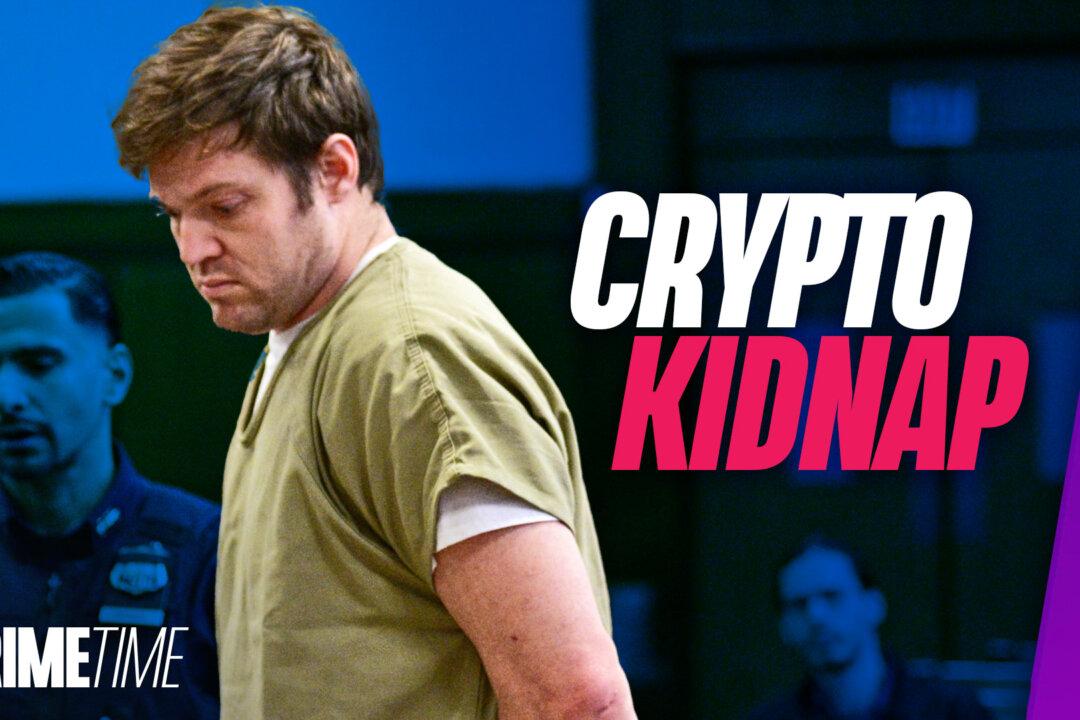[xtypo_dropcap]O[/xtypo_dropcap]nce again I am preparing to head off to Japan. I’ve been there many times before and some years back I lived there for two fascinating years.
Like many places, contradictions abound in Japan. Imagine being able to buy a fresh mocha cappuccino from a vending machine, that has a video display streaming a live feed of the mechanical barrista making your drink. And on the same day, your bill is tallied at the local noodle shop by a young woman using an abacus.
So while there are heavy contractions, and some may wish to challenge what I’m about to put forward (especially if you have only spent time in Tokyo), what impresses me every time about Japan, is the country’s overall sheen of small town politesse and good graces.
In Japan, you can still find honesty boxes for buying fruit, vegetables, or cottage handicrafts. I remember the intense feeling of suddenly stepping into a more proper and polite past the first time I walked down the historic main street of a coastal village and saw, in lieu of sellers, unlockable wooden cash boxes beside appealing wares.
What amazed me was not so much that it worked—for clearly it must have—but that it even worked among the tourists who didn’t grow up in this quaint trusting town. Good manners are contagious.
My friend who lives in Yokohama—a Tokyo bedroom community of about 3.6 million people—says his city has become unsafe, very unsafe. Very unsafe by Japanese standards means that he heard about a crime ... somewhere.
But I checked into it and the numbers don’t bear out the perception. In 2008, the crime rate overall actually dropped—for the sixth straight year—for all sorts of crimes including murder, robbery, arson, and rape.
One thing is for sure, safety precautions in the cities have gotten more sophisticated. I’m not sure if this is a reflection of higher crime, or of the Japanese penchant for developing cool technology.
My Yokohama friend recently moved into a new high-rise building in the city center with a security apparatus that must rival Fort Knox, and possibly more high tech. A machine spits out a visitors card, which I needed to use three times before reaching the elevator. I swiped the elevator pad and my friend’s floor lit up, no unscheduled stopovers permitted. My temporary pass didn’t open my friend’s door, but his card, that looked remarkable similar to mine, did—with a very satisfying whishhh.
Incidentally, one of my favorite features of his apartment is that you can hang your wet laundry in the small shower room and with a press of a button it instantly becomes a drying chamber. Very clever indeed.
But even in the major cities, it isn’t all security doors. On my recent trips I’ve spent a lot of time in Kyoto. One place I stay is a nearly 100-year-old traditional wooden townhouse, called a machiya, converted to a tiny guest house with a very tiny door. In the old days in Kyoto, you were charged taxes based on the size of your door, so locals made their doors as tiny as possible (which is remarkably small).
The intricately described instructions of how to get to the house, with step-by-step photos, included where to find the key—under the umbrella stand, predictably. The couple who own the place live 20 minutes away by bicycle, the information says, so you are to check yourself in and then give them a call that you’ve arrived.
“Is the area safe?” reads a FAQ (frequently asked by westerners, I assume) on their detailed form. “It’s very safe. We’ve never had any troubles, and the neighbors are quite friendly.”
In this isolated archipelago, gracious familial trust is extended to all, even complete strangers.




